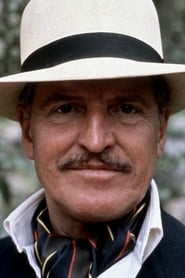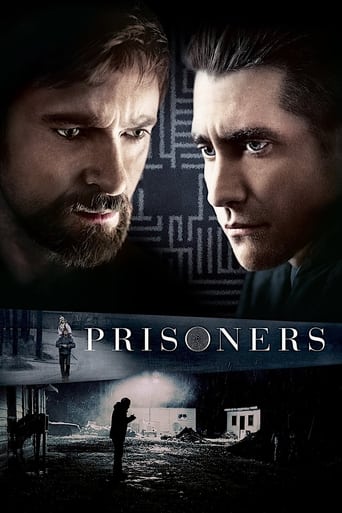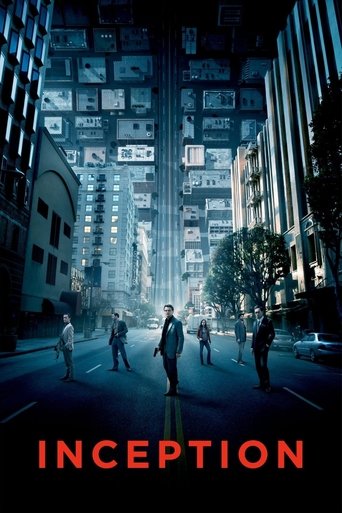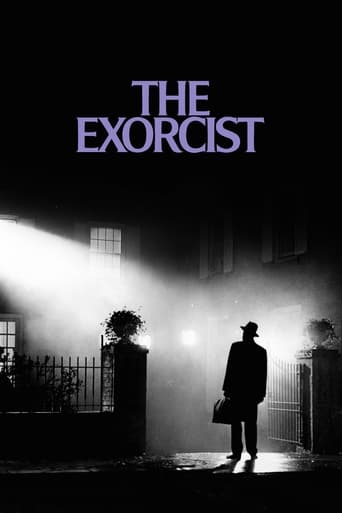Life at the Top
The more they live it up the more they have to live it down!
Successful businessman Joe Lampton is married to the wealthy Susan, has two children, and lives in the mill town of Warley in northern England. But his career seems to have plateaued, leaving him disillusioned. This feeling is only exacerbated when he discovers his wife's infidelity with local man Mark. So he takes up with attractive TV host Norah and moves with her to London, aiming to reignite the fire that drove him to the top.
Trailers & Videos

Life at the Top (1965) - Joe fails the job interview

Life at the Top (1965) Sat-4-Aug at 8pm / Wed-8-Aug at 9pm
Cast
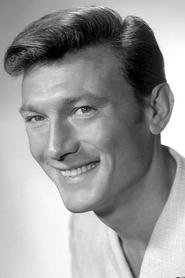
Laurence Harvey
Joe Lampton

Jean Simmons
Susan Lampton
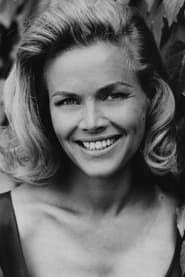
Honor Blackman
Norah Hauxley

Michael Craig
Mark
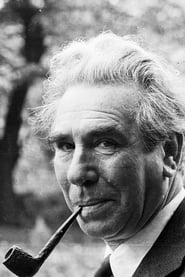
Donald Wolfit
Abe Brown
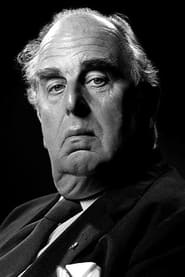
Robert Morley
Tiffield
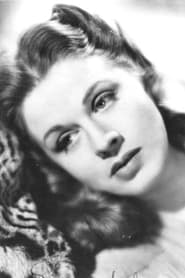
Margaret Johnston
Sybil

Ambrosine Phillpotts
Mrs. Margaret Brown
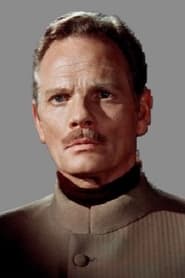
Allan Cuthbertson
George Aisgill
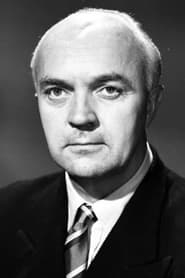
George A. Cooper
Graffham
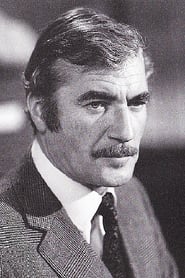
Nigel Davenport
Mottram

Geoffrey Bayldon
Industrial Psychologist

David Oxley
Tim

David McKail
Oscar
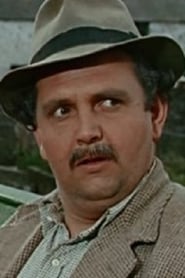
Paul Whitsun-Jones
Keatley

Richard Leech
Doctor
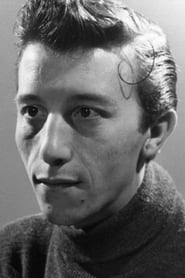
Harry Fowler
Magic Beans Man

Mark Burns
Tiffield Interview Panel (uncredited)

Mark Colleano
Bit Part (uncredited)
More Like This
Reviews
CinemaSerf
As sequels go, this isn't half bad. Aspirational, working-class lad "Joe" (Laurence Harvey) has managed to marry the boss's daughter "Susan" (Jean Simmons), has the semi detached trappings of middle class luxury but his life consists little of substance. His career is going nowhere fast and he is soon being tempted by the visiting television star "Norah" (Honor Blackman) as his wife embarks on an affair de coeur of her own with the rather unfortunately wooden Michael Craig ("Mark"). Has he the fortitude to go it alone; does he even really want to? The story isn't as potent as "Room at the Top" (1959) but both Harvey and Simmons as well as a strong series of cameos from the likes of Sir Donald Wolfit and Robert Morley still work well to convey many of the frustrations of a young man trying to escape the bonds of a class system and of a woman who has never had to want for anything, efficiently. It looks good. The photography is intense, almost intrusive at times, and the score from the accomplished Richard Addinsell adds much to the story and in many ways substitutes for a rather wordy and descriptive narrative. It's a good film, not a great one, and it is good to see Simmons remind us just how adaptable an actress she was.
You've reached the end.
